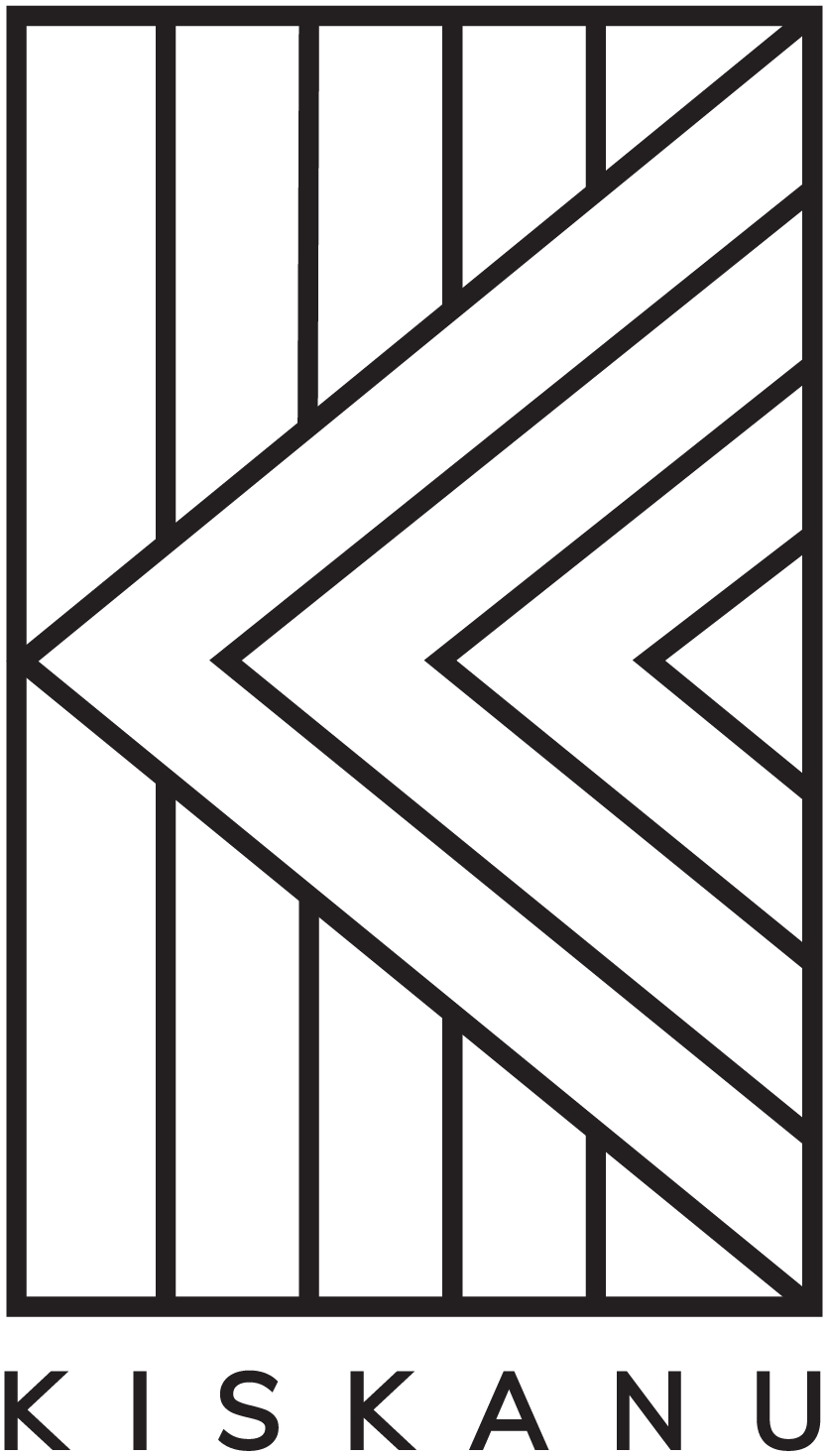
PROP 65 and KISKANU
Let us help you understand a bit more about Proposition 65, a California law.
What is Proposition 65?
Proposition 65 requires that the Governor of California maintain and publish a list of harmful
chemicals. The list is updated annually and includes chemicals that can be found in solvents,
drugs, dyes, food additives, by-products of certain processes, pesticides, and tobacco
products.
A chemical is listed if it has been classified as a reproductive toxicant or carcinogen by an
“authoritative” organization on the subject. The U.S. Environmental Protection Agency, U.S.
Food and Drug Administration, National Institute for Occupational Safety and Health, the
National Toxicology Program, and the International Agency for Research on Cancer are
considered authoritative for carcinogens. For reproductive toxicants, the authorities are the
U.S. Environmental Protection Agency, U.S. Food and Drug Administration, National Institute
for Occupational Safety and Health, and International Agency for Research on Cancer.
Chemicals will also be listed if they are required to be labeled or identified as a carcinogen or
as a reproductive toxicant by an agency of the state or federal government.
Why does Kiskanu label our products with Prop 65?
Any company with 10 or more employees operating or selling products within the State of
California must comply with the requirements of Proposition 65. To comply, businesses are:
(1) prohibited from knowingly discharging listed chemicals into sources of drinking water; and
(2) required to provide a “clear and reasonable” warning before knowingly and intentionally
exposing anyone to a listed chemical.
A Proposition 65 warning means that the business has evaluated the exposure and has
concluded that it exceeds the “no significant risk level,” or that the business is providing a
warning based on the presence of a “listed” chemical without actually evaluating the exposure.
Kiskanu is providing a warning based on our knowledge about the presence of one or more
listed chemicals without attempting to evaluate the level of exposure. While using a Kiskanu
product, the exposure to a “listed” chemical may be well within the “no significant risk” range,
but out of caution (and requirement), we have placed the Proposition 65 warning labels on our
products.
Specifically, Kiskanu’s products may contain Beta-Myrcene, a naturally occurring terpene in the
hemp or cannabis plant.
Chemical Listed Effective March 27, 2015 as Known to the State of California to Cause Cancer:
Beta-Myrcene Mar 24, 2015
Effective March 27, 2015, the Office of Environmental Health Hazard Assessment (OEHHA) is
adding beta-myrcene (CAS No. 123-35-3 ) to the list of chemicals known to the state to cause
cancer for purposes of Proposition 65(1). The listing of beta-myrcene is based on formal
identification by the National Toxicology Program (NTP), an authoritative body(2), that the
chemical causes cancer. The criteria used by OEHHA for the listing of chemicals under the
“authoritative bodies” mechanism can be found in Title 27, Cal. Code of Regs., section 25306.
Our products may also contain Marijuana smoke.
Marijuana Smoke Listed Effective June 19, 2009 As Known To The State Of California To Cause
Cancer Jun 19, 2009
The Office of Environmental Health Hazard Assessment (OEHHA) of the California
Environmental Protection Agency is adding marijuana smoke to the Proposition 65 list(1),
effective June 19, 2009. Marijuana smoke was considered by the Carcinogen Identification
Committee (CIC) of the OEHHA Science Advisory Board(2) at a public meeting held on
May 29, 2009. The CIC determined that marijuana smoke was clearly shown, through
scientifically valid testing according to generally accepted principles, to cause
cancer. Consequently, marijuana smoke is being added to the Proposition 65 list, pursuant to
Title 27, California Code of Regulations, section 25305(a)(1) (formerly Title 22, California Code
of Regulations, section 12305(a)(1)).
Does using a Kiskanu product with a Proposition 65 warning put a consumer at risk?
The California government states: “The fact that a product bears a Proposition 65 warning
does not mean by itself that the product is unsafe.” The government also explained, “You
could think of Proposition 65 more as a “right to know” law than a pure product safety law.
“A Proposition 65 warning means that the product contains one or more listed chemicals. By
law, a warning is required unless the business proves that the exposure to the chemical poses
“no significant risk.” The “no significant risk” level for carcinogens is defined as the level which
is calculated to result in not more than one excess case of cancer in 100,000 individuals
exposed over a 70-year lifetime. Therefore, if you are exposed to the chemical in question at
this level every day for 70 years, theoretically, it will increase your chances of getting cancer by
no more than 1 case in 100,000 individuals so exposed.
The “no significant risk” level for reproductive toxicants is defined as the level of exposure
which, even if multiplied by 1,000, will not produce birth defects or other reproductive harm.
Therefore, the level of exposure is below the “no observable effect level,” divided by 1,000.
(The “no observable effect level” is the highest dose level which has not been associated with
observable reproductive harm in humans or test animals.) For further information about
California’s Proposition 65, please visit http://oehha.ca.gov/prop65/background/p65plain.html
Please enjoy Kiskanu’s products and let us know if you have any further questions:
Best,
Gretchen Miller
Founder, CEO
K I S K A N U
707-497-6193
